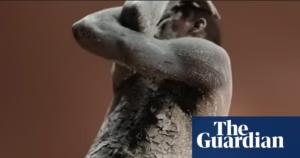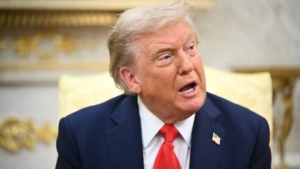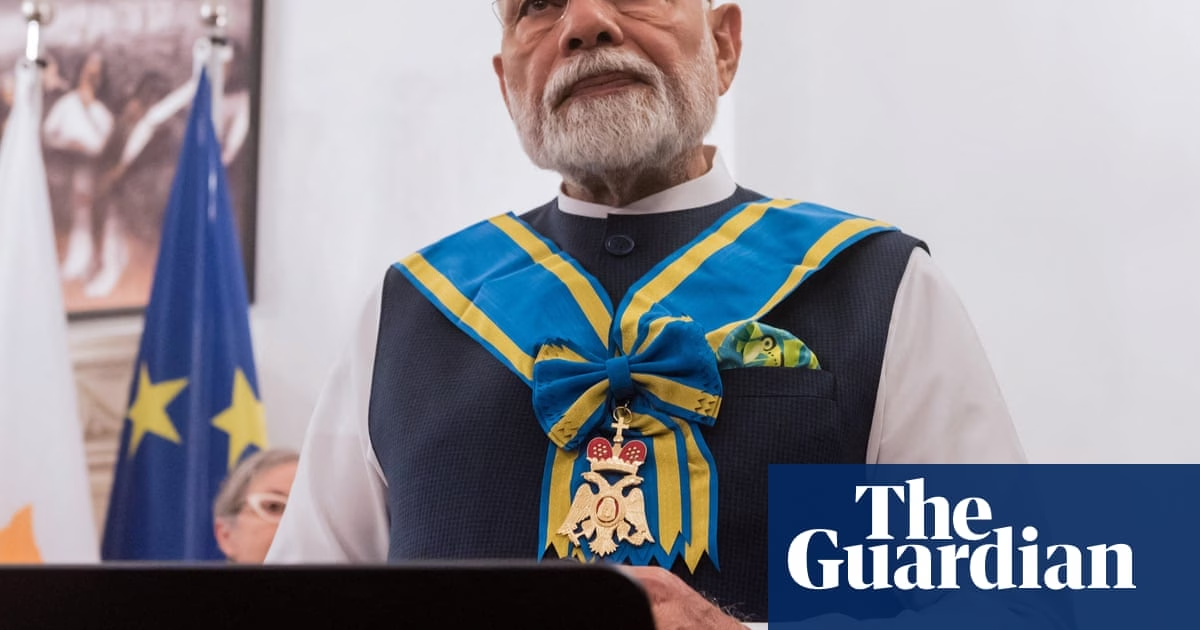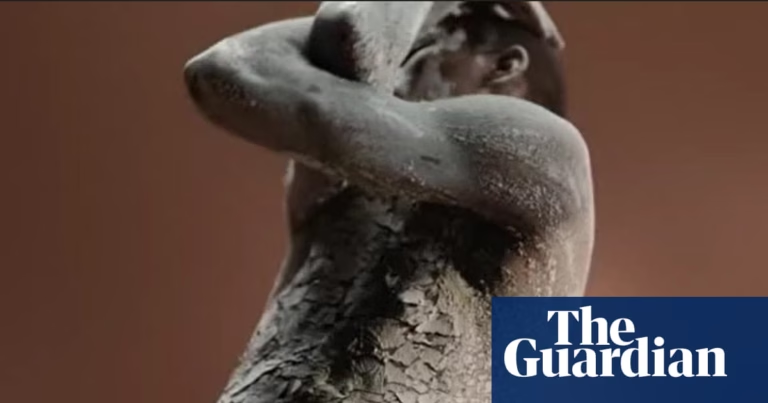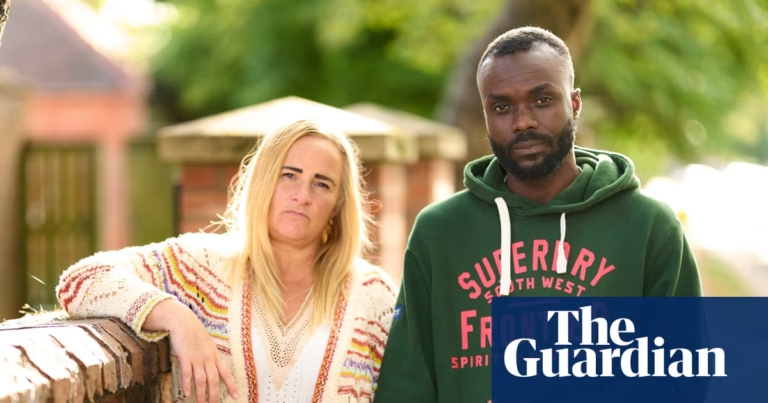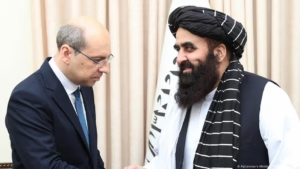The news that Indian Prime Minister Narendra Modi will receive Trinidad and Tobago’s highest honour during a landmark visit has been met with enthusiasm by the Hindu population there but has provoked strong objections from the nation’s largest Muslim organization.
Modi’s two-day visit to Trinidad and Tobago on Thursday marks a historic occasion, as it is the first time an Indian Prime Minister has visited the country. Modi accepted an invitation from newly-appointed Prime Minister Kamla Persad-Bissessar, with whom India has longstanding diplomatic ties.
India and Trinidad and Tobago have a diplomatic relationship spanning several decades anchored in the legacy of Indian indentureship.
The government has announced that Modi will be honoured with the prestigious Order of the Republic of Trinidad and Tobago (ORTT) during his visit, stating that it is “a tribute to the nation’s appreciation for Prime Minister Modi’s outstanding contribution to the development of Trinidad and Tobago; and service to the region and wider international community.”
However, on Wednesday, the Anjuman Sunnat-ul-Jamaat Association (ASJA) intended to write to Modi’s office and the Indian High Commission to express their concern about extending this honour to a leader with a human rights record that they criticize.
In a statement signed by general secretary Rahimool Hosein, the ASJA expressed “deep and principled concerns” regarding the state’s endorsement of a figure they believe has encouraged religious intolerance and targeted the Muslim minority in India. The organization cited the withdrawal of Kashmir’s special status and the 2002 Gujarat riots, during which more than 1,000 people, mostly Muslims, were killed. Modi was the Chief Minister of Gujarat at the time, though the Indian Supreme Court cleared him of wrongdoing in 2022.
The ASJA also pointed to ongoing criticism from international human rights organizations.
While some Muslim communities and human rights advocates criticize Modi’s policies, he has received state honours from several Muslim-majority countries, including Saudi Arabia, the United Arab Emirates, and Egypt.
N Numerically, the ASJA welcomed opportunities for interfaith dialogue but stressed that it mandates justice, truth, and accountability.
Approximately 35% to 40% of Trinidad and Tobago’s population has Indian ancestry, making it one of the largest and most significant Indo-diasporic communities in the Caribbean. The majority can trace back their roots to the approximately 143,000 indentured workers brought from India between 1845 and 1917 to work on sugar estates after the abolition of slavery.
The Hindu population of Indian-Trinidadian descent has enthusiastically welcomed Modi’s visit. Dr Devant Maharaj, from the largest Hindu organization in Trinidad and Tobago, the Sanatan Dharma Maha Sabha (SDMS), described Modi as a “hero” and stated that this visit is “more than politics or diplomacy. It is about the revival of a people who were once scattered, but never separated. For Indian-Trinidadian Hindus, Modi’s India feels like a karmic realignment.”
Under Modi’s leadership, India has sought to strengthen its ties with the Caribbean. Earlier this year, he visited the oil-rich Caribbean nation of Guyana and met with President Mohamed Irfaan Ali and leaders from the Caribbean Community (Caricom), an intergovernmental organization of 15 Caribbean nations, at a Caricom-India Summit.
On social media, there have been mixed reactions to the visit, with some supporting diplomatic ties and others questioning the rationale behind the ORTT honour.
Modi’s trip to Trinidad and Tobago is part of a larger diplomatic tour covering Africa and the Americas. Departing from Port of Spain on 4 July, the Prime Minister will travel to Argentina, Brazil, and Namibia.
For further comment, The Guardian has contacted the offices of Persad-Bissessar and the Indian High Commission in Trinidad and Tobago.
Source: https://www.theguardian.com/world/2025/jul/03/trinidad-tobago-india-narendra-modi

